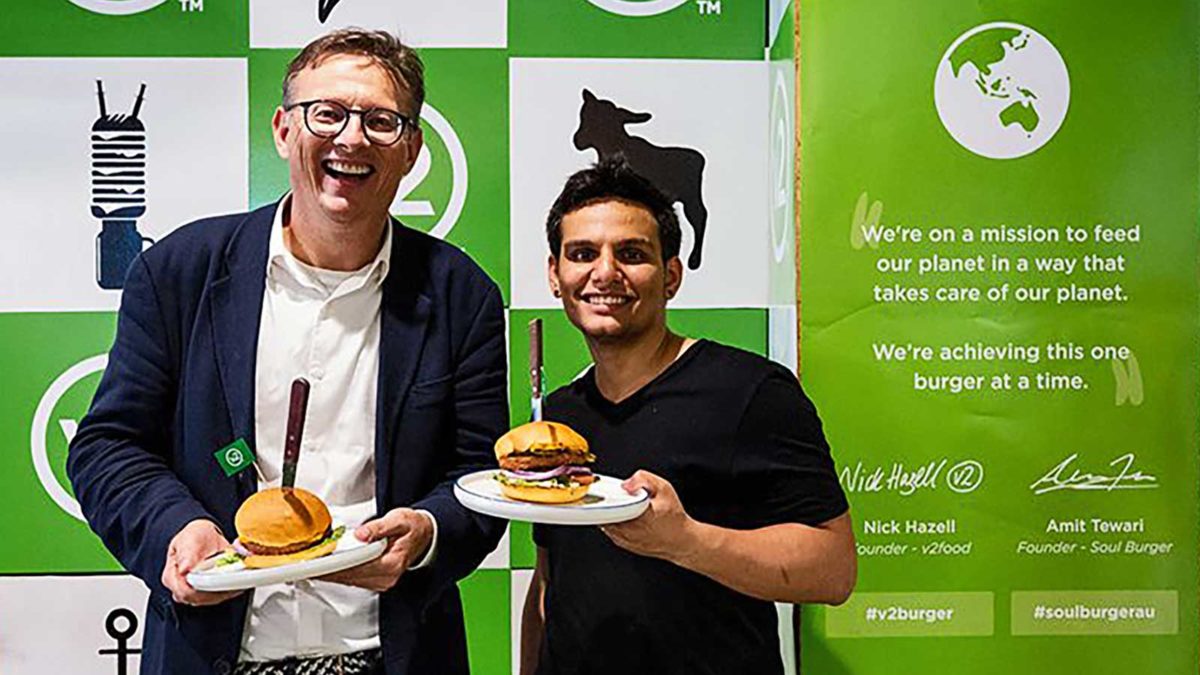VCs tuck into alternative meat raisings
Early stage investors are starting to broaden their appetite for carbon-reducing new technologies, looking for opportunities in nascent industries such as plant-based foods.
According to the latest figures from Preqin, the global alternatives research house, the value of capital raisings in the niche segment of ‘alternative meat’ increased sixfold between 2019 and 2020 to US$206 million (A$284 million).
All food-related venture capital deals in the Asia Pacific region reached a record US$900 million in the March quarter of 2021, Preqin says in a client note. Worldwide, the figures show that VC-directed investments in alternative protein companies tripled in 2020 to reach US$3.1 billion, which was 4.5 times greater than in 2018.
While growing societal and investment concerns about climate have fuelled most of the growth in ESG-focused new investing for several years, the more active end of the investment spectrum, such as VCs and impact managers, are backing an increasing array of technological developments.
Most of the action in food-related VC deals for the past three years has been in the fresh foods and grocery supply chain fields. However, the research note says: “Preqin data is recording a new wave of deals in the niche segment of alternative meat. Alternative proteins – typically made of soy, pea, or fungi protein – are designed to emulate the texture and taste of meat and can be used in conventional dishes such as ‘beef’ burgers and ‘chicken’ tenders.”
One Australian company has led the VC raisings in alternative meat, v2 food, founded by Nick Hazell in 2019 with the backing of Jack Cowin’s Competitive Foods Australia and support from the CSIRO. Hazell is a former R&D director at fast food groups Mars and Pepsico. In Australia, v2 recently did a deal with the Soul Burger founder Amit Tewari, a doctor-turned entrepreneur (photo above) who runs a franchise chain of vegan restaurants.
The company finalised the raising of $77 million this month (August), taking total raisings to $223 million and a valuation of US$500 million (A$688 million).
The Preqin report says that, internationally, the market leaders in this sector are arguably Beyond Meat and Impossible Foods. Their products can be found on the menus in fast-food restaurants in North America and Europe such as Burger King, Subway and Pizza Hut.
After entering the markets of Australia, Singapore, Hong Kong, South Korea, and Taiwan by partnering with various restaurants a couple of years ago, their products were launched in supermarkets in Singapore and Hong Kong over 2019 and 2020. Both brands now want to expand into China.
China is, perhaps, the home of alternative meat. It is generally recognised that the trend dates back more than 100 years to efforts by Buddhist monks in China to find better alternatives to meat for their diets on compassionate grounds for animals. Their replacement meats usually involved soy and wheat gluten.
A UK company specialising in alternative meats, Quorn, was founded in 1985 and acquired in 2015 by Monde Nissin, a Philippines company which listed in April this year, backed by Singapore’s GIC, Asian manager Eastspring Investments and insurer AIA. It raised US$1.4 billion in the IPO.











